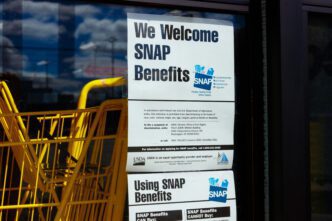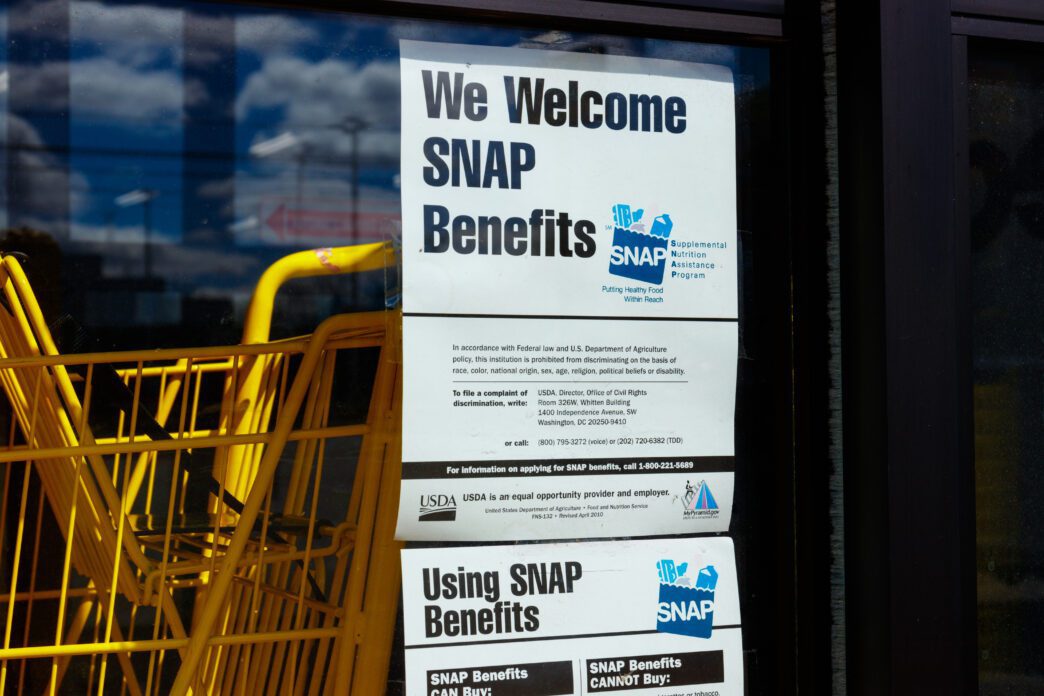Executive Summary
The Story So Far
Why This Matters
Who Thinks What?
The Trump administration has asked a federal appeals court to pause a judge’s order requiring the government to fully cover November food stamp benefits for nearly 42 million Americans. The emergency request to the First Circuit Court of Appeals on Friday follows a federal judge’s ruling in Rhode Island that rejected the administration’s decision to only partially fund the Supplemental Nutrition Assistance Program (SNAP) this month.
US District Judge John McConnell issued an order on Thursday afternoon mandating that the US Department of Agriculture (USDA) find additional money to make the full payments. The administration is seeking intervention from the appeals court by 4 p.m. ET on Friday.
Administration’s Arguments
The Justice Department, representing the USDA, informed the Boston-based appeals court that Judge McConnell had overstepped his authority. According to DOJ attorneys, McConnell’s decision “has thrust the Judiciary into the ongoing shutdown negotiations and may well have the effect of extending the lapse in appropriations.”
They further argued that the injunction “makes a mockery of the separation of powers,” stating that “Courts hold neither the power to appropriate nor the power to spend.” The Justice Department contended there was “no lawful basis for an order that directs USDA to somehow find $4 billion in the metaphorical couch cushions.”
Background and Impact
Earlier in the week, the USDA had provided states with enough funding to cover partial SNAP benefits for November, following an earlier order from Judge McConnell. That initial order was also appealed to the First Circuit.
States, which administer the SNAP program, have been processing these partial payments on varying timelines. Some states anticipate beneficiaries receiving assistance next week, while others suggest it could take longer. Illinois, for instance, began distributing funds on Friday for those scheduled to receive benefits earlier in the month.
This legal dispute underscores the ongoing challenges related to federal funding and the provision of essential benefits to vulnerable populations across the country.








